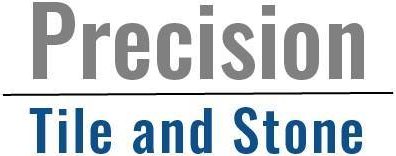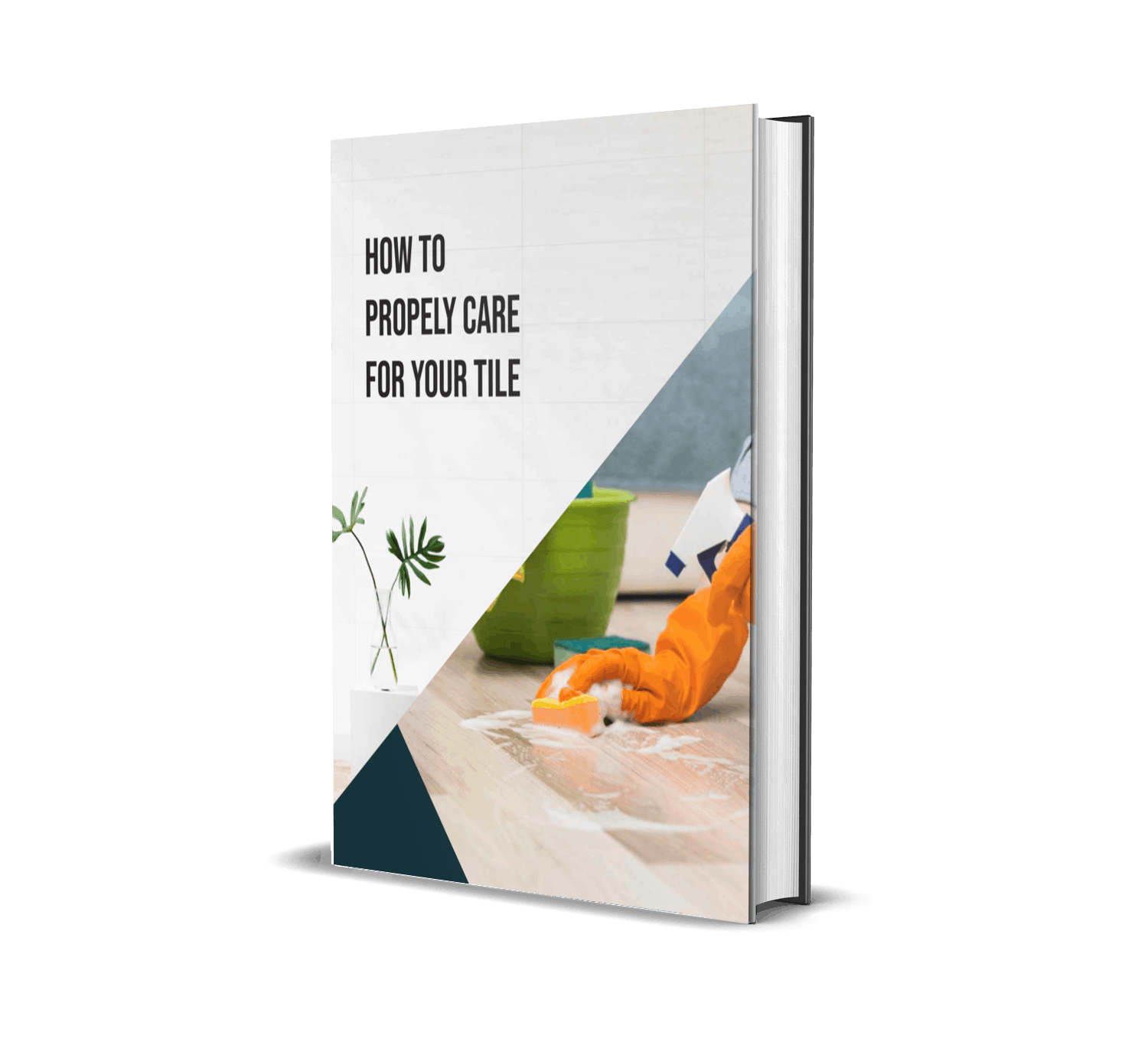When deciding between a tile shower vs fiberglass shower, most Birmingham homeowners find themselves stuck. You want something that looks great, fits your budget, and stands the test of time, but how do you choose?
In this guide, we’ll break down the pros and cons of each option so you can confidently upgrade your bathroom.
Things to Consider Before Choosing a Shower
Your shower isn’t just where you start your day; it’s a space you use daily that should offer comfort, durability, and style. The right material can affect everything from resale value to how much time you’ll spend cleaning.
For homeowners in Birmingham, AL, where humidity and water hardness can play a role, picking the right shower system is especially important.
What Is a Tile Shower?
A tile shower is a custom-built shower made with ceramic, porcelain, or natural stone tiles. It’s typically installed over a waterproof membrane and designed to fit your exact bathroom layout.
Pros:
- Highly customizable in color, pattern, and size
- Adds a high-end, luxury feel
- Easier to repair individual tiles
Cons:
- More expensive to install
- Longer installation time
- Requires regular maintenance (grout sealing, cleaning)
What Is a Fiberglass Shower?
A fiberglass shower is a prefabricated unit made from molded fiberglass-reinforced plastic. It usually comes in one or more large pieces that are installed as a complete system.
Pros:
- Budget-friendly
- Fast and easy to install
- Low maintenance (no grout to clean)
Cons:
- Limited design options
- Can crack or scratch over time
- Less “custom” or high-end in appearance
Tile Shower vs Fiberglass Shower: Key Differences
Let’s compare tile showers vs fiberglass showers side by side:
| Feature | Tile Shower | Fiberglass Shower |
| Cost | Higher upfront cost | Budget-friendly |
| Installation Time | 3–5 days or more | 1–2 days |
| Customization | Fully customizable | Limited |
| Durability | Long-lasting with care | Shorter lifespan |
| Maintenance | Moderate to high | Low |
| Resale Appeal | Increases home value | Basic, less impactful |
If you’re remodeling for long-term value or want something truly unique, tile might be the way to go. If you’re flipping a house or want a quick fix, fiberglass could make more sense.
Which One Is Better for Birmingham Homes?
In Birmingham, AL, factors like humidity, water hardness, and resale trends play a role in your decision.
- Tile showers are ideal for homeowners planning to stay long-term or those who want a luxurious, spa-like bathroom.
- Fiberglass showers work well for rental properties, budget remodels, or quick renovations.
Make sure to factor in not just cost, but how much use and wear your shower will get.
Cost Breakdown
When planning your bathroom remodel, cost is often the deciding factor between a tile shower vs fiberglass shower.
Tile Shower
- Average Cost (Installed): $4,000 – $10,000+
- Cost depends on tile type (ceramic, porcelain, or stone)
- More expensive due to custom work and longer labor time
- Labor typically ranges from $60–$90/hour in Birmingham
Fiberglass Shower
- Average Cost (Installed): $800 – $3,000
- Most cost-effective option, especially for prefabricated kits
- Quicker installation with less labor needed
-
Ideal for budget remodels or guest bathrooms
Tip: If you’re remodeling for a short-term need or rental, fiberglass may be a better value. But for a long-term upgrade or custom look, tile is worth the investment.
Maintenance Tips for Tile and Fiberglass Showers
No matter which shower type you choose, proper care extends its lifespan and keeps it looking great.
Tile Shower Maintenance:
- Clean grout regularly with a soft brush and non-abrasive cleaner.
- Seal grout lines every 6–12 months to prevent water damage and mildew.
- Use a squeegee daily to reduce soap scum and hard water buildup.
- Watch for cracks or chipped tiles to avoid water seeping underneath.
Fiberglass Shower Maintenance:
- Wipe down surfaces weekly with a mild bathroom cleaner and a soft cloth.
- Avoid abrasive scrubs or steel wool they can scratch the surface.
- Polish occasionally with a fiberglass-safe polish to maintain shine.
- Keep an eye out for hairline cracks that may eventually leak.
Bonus Tip: Install a high-quality ventilation fan in your bathroom to help reduce mold and mildew buildup, especially important in Birmingham’s humid climate.
Frequently Asked Questions (FAQs)
1. Is a tile shower worth the extra cost?
Yes, if you want long-term durability, resale value, and a premium look. While the upfront cost is higher, tile showers are fully customizable and can increase home value in Birmingham’s competitive housing market.
2. How long do fiberglass showers last?
With proper care, fiberglass showers can last 10 to 15 years. They may show wear and tear earlier than tile, but are easier and cheaper to replace.
3. Can I replace a fiberglass shower with tile?
Absolutely! Many homeowners upgrade from fiberglass to tile. Just keep in mind this involves full demo, waterproofing, and professional tile installation, so it’s more labor-intensive and costly.
4. What shower type is best for resale value in Birmingham, AL?
Tile showers tend to appeal more to buyers in Birmingham, especially in mid- to high-end homes. They signal quality and care, while fiberglass is seen as more basic or temporary.
Conclusion
Deciding between a tile shower vs fiberglass shower comes down to your budget, style, and long-term plans. Tile offers durability and design flexibility, while fiberglass is affordable and easy to maintain. Both have their place in Birmingham homes, whether you’re upgrading for comfort or prepping for resale.
If you’re unsure which one suits your needs best, it’s always smart to talk to a professional who can guide you based on your space and goals.

